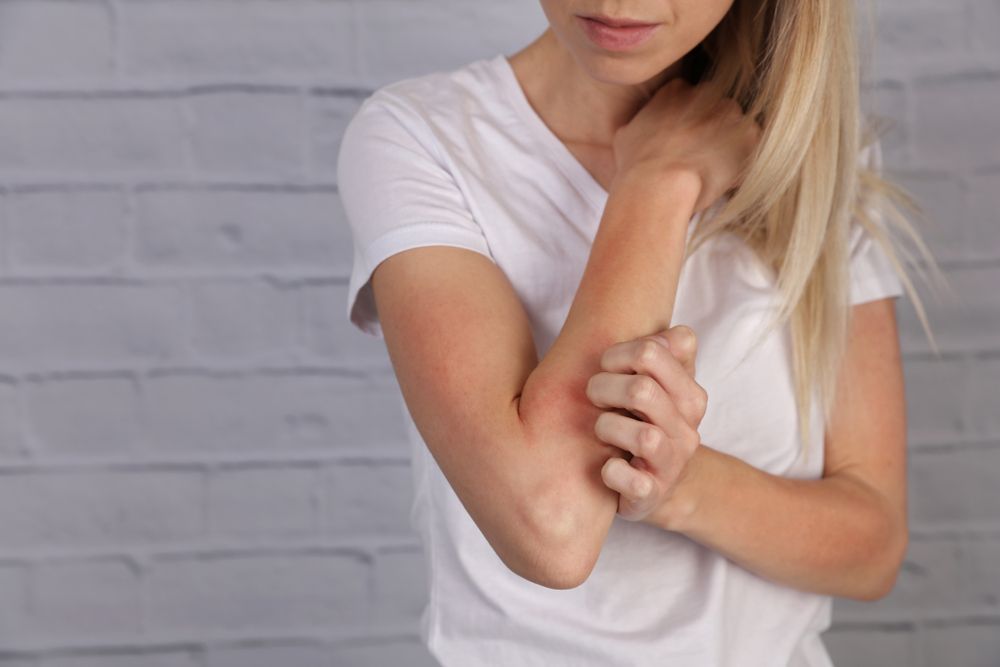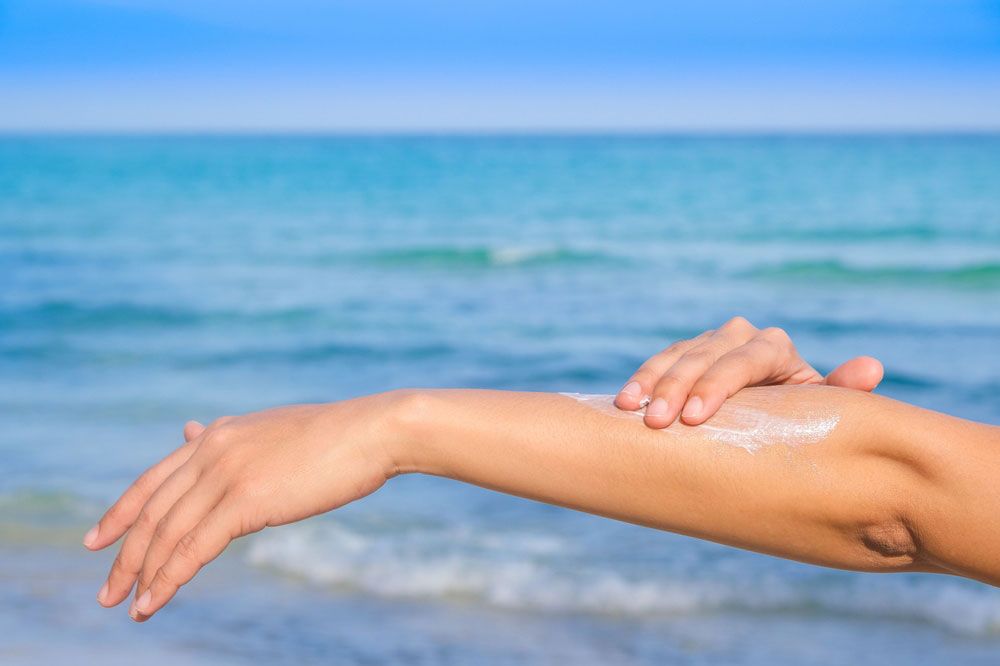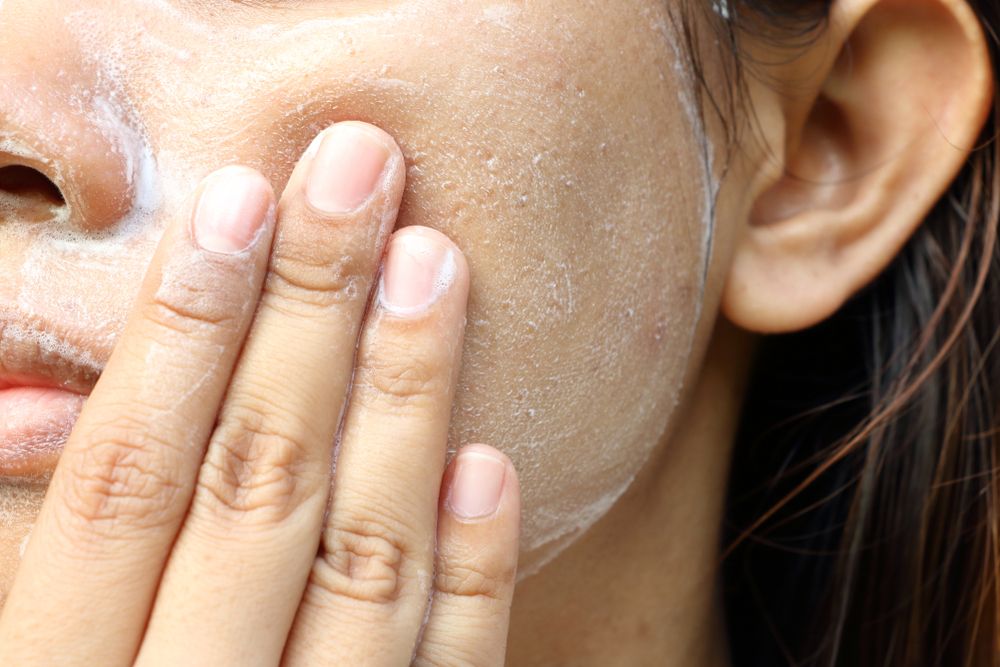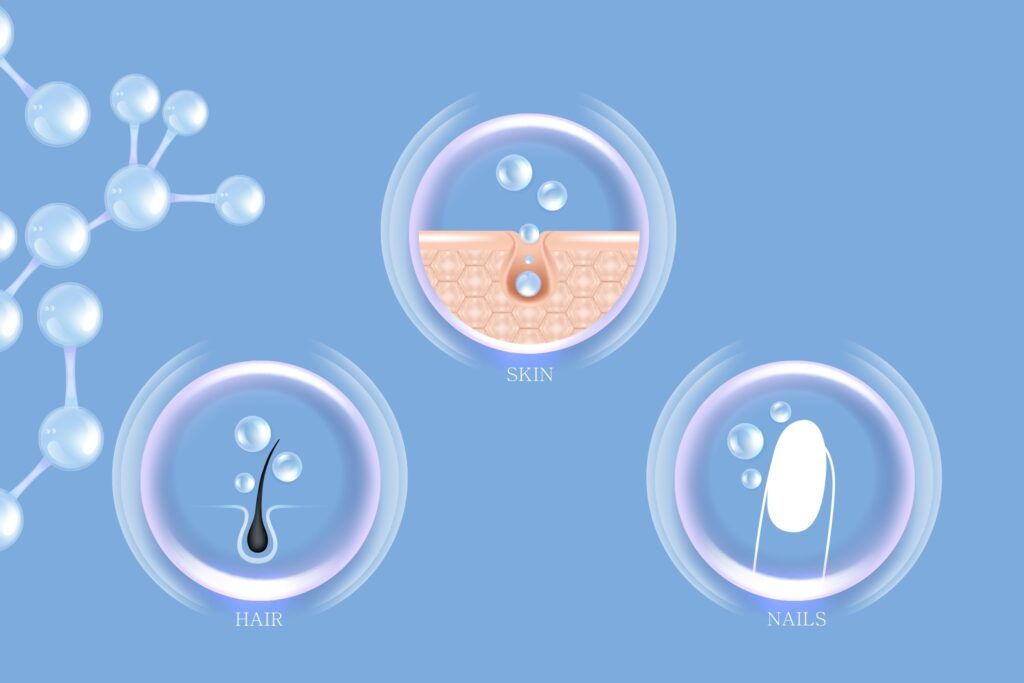If you wonder if the skin condition you are coping with is eczema or psoriasis, check out this guide from Borealis Dermatology.
What Is Eczema?
Atopic dermatitis is the most common type of eczema, which leads to dryness, rashes, and intense itching. This condition typically appears on the arms, legs, and face, but it can also be found in other areas. The red blotches and blisters that may occur after scratching can subside on their own. However, if it is not treated correctly, it can overlap with other types of eczema.
Approximately 16 million adults and 9 million children in the United States are affected by it. This chronic condition can start as early as five years old and may come and go throughout a person’s life. Unfortunately, since there is no definite cure for eczema, current treatments are mainly focused on controlling the condition and providing relief from the symptoms.
What Is Psoriasis?
In normal skin, the outermost layer of the skin sheds skin cells every 28 days. With psoriasis, however, the immune system sends a faulty signal that accelerates the speed of skin cell growth. Instead of taking 28 days, skin cells mature in only 3 to 6 days. This speed is so fast that the body is unable to shed the dead cells, leading to patches of raised red skin and scaly, white flakes. The patches are commonly found on the elbows, knees, and trunk, but can appear anywhere on the body.
Psoriasis is a chronic condition, meaning the patchy flare-ups will come-and-go throughout the patient’s life. Unfortunately, there is no known cure or way to prevent it. Treatment goals are to reduce the symptoms and heal the condition more quickly, just like eczema. This makes following up with your dermatologist on a regular basis very important to maintain your symptoms.
Psoriasis is also a genetical disorder that is passed down through families, so you should be more aware of any changes in your skin if you have a family history of psoriasis. The first outbreak usually happens between the ages of 15 and 35, with approximately 7.5 million people in the United States affected by psoriasis. However, there are about 20,000 children under 10 years old diagnosed with psoriasis.
Which Skin Condition Do I Have: Eczema Or Psoriasis?
- Differences in appearance. Eczema often causes your skin to look red and inflamed, and it may have a scaly, oozing, or crusty texture. You might also notice rough, leathery patches that are sometimes darker in color. Swelling can also occur. Psoriasis can also cause red patches to appear on your skin, and these patches may be silvery and scaly, and raised. However, if you take a closer look, you’ll notice that the skin is thicker and more inflamed than with eczema.
- Location. Eczema is a common skin condition which usually appears on parts of the body that bend, such as the inner elbow or behind the knees. It can also appear on the neck, wrists, and ankles. Babies often have eczema on their chin, cheeks, scalp, chest, back, arms, and legs. People with psoriasis often have patches on the elbows, knees, scalp, face, lower back, palms of the hands, and soles of the feet. Psoriasis may also affect the fingernails and toenails, mouth and lips, eyelids, ears, and skin folds.
- Both eczema and psoriasis share some similar triggers. Eczema usually results from irritants to the skin, such as soap, detergents, disinfectants, juices from produce or meats, and substances that cause allergies such as dust, pet dander, pollen, mold, dandruff, and certain foods. Furthermore, it may be triggered by infections, stress, sweating, heat, humidity, and fluctuations in hormone levels. Similarly, psoriasis may be caused by stress and infections, but also sunburn, scratches, and certain medications (e.g. lithium for bipolar disorder, and drugs for malaria).
For Professional Treatment For Your Eczema Or Psoriasis, Choose Borealis Dermatology
If you’re uncertain about which skin condition you have, it is best to seek a professional diagnosis from a dermatologist and discuss treatment options. Borealis Dermatology has two locations to serve clients in Garden City and Syosset, NY. Borealis Dermatology is also pleased to offer medical and surgical dermatological services for patients experiencing skin conditions that are negatively impacting their enjoyment of everyday life. For a consultation or appointment, call the best-reviewed dermatology office in Long Island today and talk to a skin expert at 516-246-8800.






